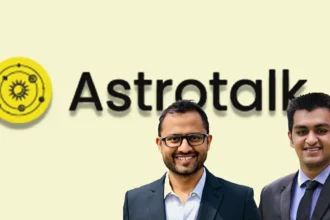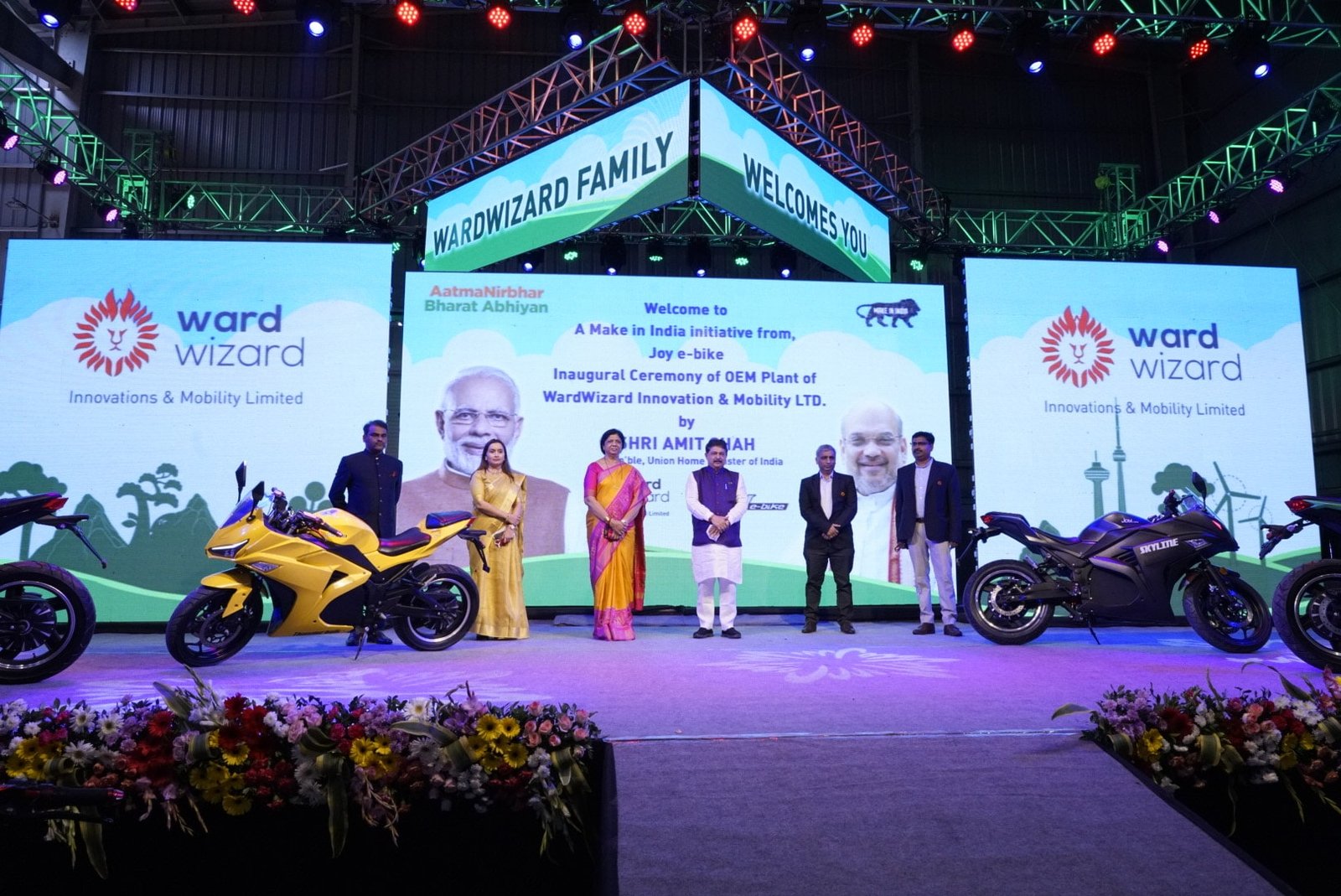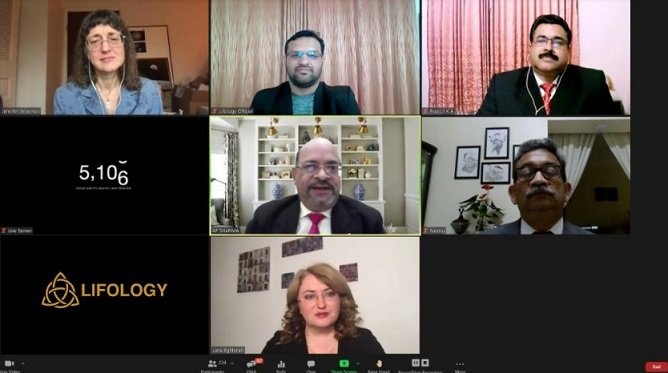Primary research with C-suite executives in healthcare reveals that an AI strategy is high on their priority with plans to accelerate its adoption organisation-wide, but are currently constrained by lack of available skill sets
Summary of survey findings
-
96 per cent executives believe that current healthcare education is outdated vis–vis knowledge about new technologies
-
100 per cent acknowledge that AI can solve complex challenges for healthcare in India
-
90 per cent of executives have an AI strategy in place
-
A majority are accelerating plans to adopt with COVID-19 having paced up plans to adopt AI even further
-
A lack of knowledge and skill sets available is a challenge to these best-laid plans
-
There is a high focus on upgrading the skills of the current workforce with respect to AI
BMU, a Hero Group Initiative, unveiled a report at its 2nd AI industry conclave on “Embracing the shift in healthcare“, that was organized virtually on Wednesday – February 10, 2021. With a foreword from Sunil Kant Munjal, Chancellor, BMU & Chairman, Hero Enterprise, the report titled AI: Embracing the shift in healthcare, summarizes the opportunities and challenges that AI presents for India’s healthcare sector, factors driving its adoption, practical insights into its functioning in the Indian context gathered through a primary survey with C-suite executives in healthcare organisations and recommendations for its future prospects. The research report was released by Dr. Vishal Talwar, Dean, School of Management, BML Munjal University. Expert speakers from Invento Robotics, Qure.AI, Microsoft, University of Warwick, Oxford University and McKinsey shared their insights on the subject.
Speaking on the occasion, Sunil Kant Munjal, Chancellor – BML Munjal University said, “Technology is unlikely to substitute human intelligence yet, even so, AI heightens the human element of intelligence with every iteration and interaction. AI is already improving the quality of life and leading to high-skilled jobs that facilitate human creativity and intelligence. It is especially heartening to see the impact of AI and related technologies in the healthcare sector, where enormous value can be created across the entire patient journey, from diagnosis and treatment to ongoing health maintenance.“
COVID-19 has focussed the world’s attention to one of the fastest-growing and largest industries in the world – healthcare. This is also evident from the India Budget FY 22 where the sector has received a 137 per cent increase in allocation.
AI is the new normal and is embracing the shift in healthcare confirms the report launched by BML Munjal University. It cites the various use cases of AI that are accelerating its adoption. The development and application of AI techniques in healthcare are helping to improve the diagnostic process. AI technology is assisting pathologists in making more accurate diagnoses and developing methods for individualised medical treatment. In drug discovery, Pharmaceutical companies are adopting AI to improve the efficiency and accuracy of drug creation. AI is helping to enhance the patient experience and improve access to quality healthcare. Further, it is helping to improve the operational efficiency of hospitals that can substantially reduce the costs of running day to day business.
Expectedly, the Indian market for AI in healthcare is expanding at a fast pace and is estimated to be worth INR 431.97 billion by 2021, expanding at a rate of 40 per cent. Several factors in India are providing favourable tailwinds. These are a combination of government investments, the boom of health-tech start-ups, and increasing market competitiveness among hospitals. The National Strategy for Artificial Intelligence (NSAI) is one such initiative of the government which is encouraging companies in healthcare to adopt AI. Under NITI Aayog, healthcare has been mentioned as the core beneficiary from the NSAI. A Task Force on AI has been deployed to browse and explore new avenues where AI can be used and subsequently leveraged. The prospect of introducing cognitive systems to help specially-abled people and the ageing population has been highlighted.
One of the most defining trends in helping establish AI in everyday healthcare has been the boom in health tech start-ups, states the report. As of 2020, there were 3,225 start-ups in India in the health tech space. Indias health-tech market is also estimated to reach $21 Bn in 2025 with preventive healthcare expected to reach a market size of $170 Bn by 2025, driven strongly by fitness and wellness apps and diagnostics solutions.
The report also explores the challenges and risks involved, namely those around privacy of customer data, the bias in training algorithms that may corrupt outcomes, data availability and ethical challenges. The report makes a strong recommendation for the need for a regulatory body to monitor AI, calling it ‘extremely crucial for India to increase the application of AI‘.
The report concludes with a survey with C-suite executives in healthcare to ascertain the on-ground sentiment towards AI, adoption trends and real-world challenges.
All the participants, 100 per cent, are extremely optimistic about AI’s potential to meaningfully solve complex challenges for healthcare in India. A majority 90 per cent of executives surveyed said they have an AI strategy in place with 64 per cent stating that AI is of high priority in terms of organisational strategy. However, 75 per cent of organisations find themselves in the early stages of adoption of AI and of other new age technologies. Interestingly among the top 6 emerging technologies of AI, Cloud Computing, IoMT, 3D Printing, Big Data Analytics, Robotics being adopted in the healthcare sector AI is the highest adopted, followed by cloud computing and the internet of medical things.
Organisations plan to accelerate their AI strategy in the near future. 74 per cent state this of high priority. The impact of COVID-19 has been mixed on the adoption levels, however, the majority (54 per cent) have said that it has paced up plans to adopt AI even further.
98 per cent of the participants are already seeing moderate to significant benefit from their AI strategy and adoption. And a majority expect to see further significant benefit in the next 4-5 years from AI adoption. The top areas where organisations expect to see significant benefits from AI strategy are in operational efficiency, disease detection and diagnostics, patient satisfaction and cost savings.
High capital requirements remain to be the key challenge to implementing AI strategies within healthcare organisations. Executives also strongly feel that the potential impact on jobs (reduction due to automation) is a big challenge towards implementation. Given that AI is expected to leave numerous low-skilled jobs redundant in the next decade, executives need to manage this skilfully. The lack of knowledge and skills is another major barrier (similar to various other industries) as the nature of work changes and the workforce needs to be reskilled to work effectively with emerging technologies like AI.
76 per cent of the participants are therefore investing heavily in the up-gradation of skills of the current workforce with respect to AI with 66 per cent respondents stating that AI-related skills and knowledge is a priority for hiring.
As much as 96 per cent of executives say that current health care education needs significant upgradation in India to keep pace with changing technologies.
“From SIRI to self-driving cars, artificial intelligence (AI) is progressing rapidly, making our everyday lives more convenient. While this surge is impacting all the fields, Artificial Intelligence is especially rising in the analysis, interpretation, and comprehension of complicated medical and healthcare data. The greater potential of AI lies in the synergies generated by using new age tech together across the entire patient journey, from diagnosis to treatment, to ongoing health maintenance, etc. However, the industry is faced with a crippling skill shortage. It will not be an exaggeration to call the present scenario the largest talent challenger ever, and it is knocking hard at the gates of the Indian technology industry and academic institutions. The conclave today is yet another way to elevate and lead the conversation on the future of the tech workforce. We have had in-depth and insightful discussions with the accomplished participants today and take the opportunity to thank everyone for their opinion and participation,” said Dr. Vishal Talwar, Dean – School Of Management, BML Munjal University.
BMU’s 2nd AI Conclave 2021 is designed as a confluence of thought leaders, influencers, academicians and business builders to discuss the AI landscape and trends that are shaping the healthcare of tomorrow.
The methodology of the survey with healthcare executives
The primary survey was conducted by interviewing 50 C-suite executives from large healthcare organisations across India.
Authors of the report
The report is co-authored by research teams led by Dr. Vishal Talwar from BML Munjal University and Mr. Karan Arora from Beast Global.
About BML Munjal University
Named after the late Founder Chairman of the Hero Group, BML Munjal University (BMU) is a unique not-for-profit initiative founded by the promoters of the Hero Group. BMU is mentored by Imperial College London and is engaged in creating, preserving, and imparting internationally benchmarked knowledge and skills. The university seeks to transform higher education in India by creating a world-class innovative teaching, learning and research environment. It envisions becoming a nursery for the leaders of tomorrow and a repository of knowledge.
The various undergraduate, postgraduate and postdoctoral programmes offered in the University are: Ph.D, MBA, B.Tech, BBA, B.A. (Hons) Economics, B. Com (Hons), B.A., LL.B. (Hons.), B.B.A., LL.B. (Hons.)
The School of Management at BML Munjal University has been ranked 37th among all management institutions across India in the NIRF Rankings 2020.
![]()















